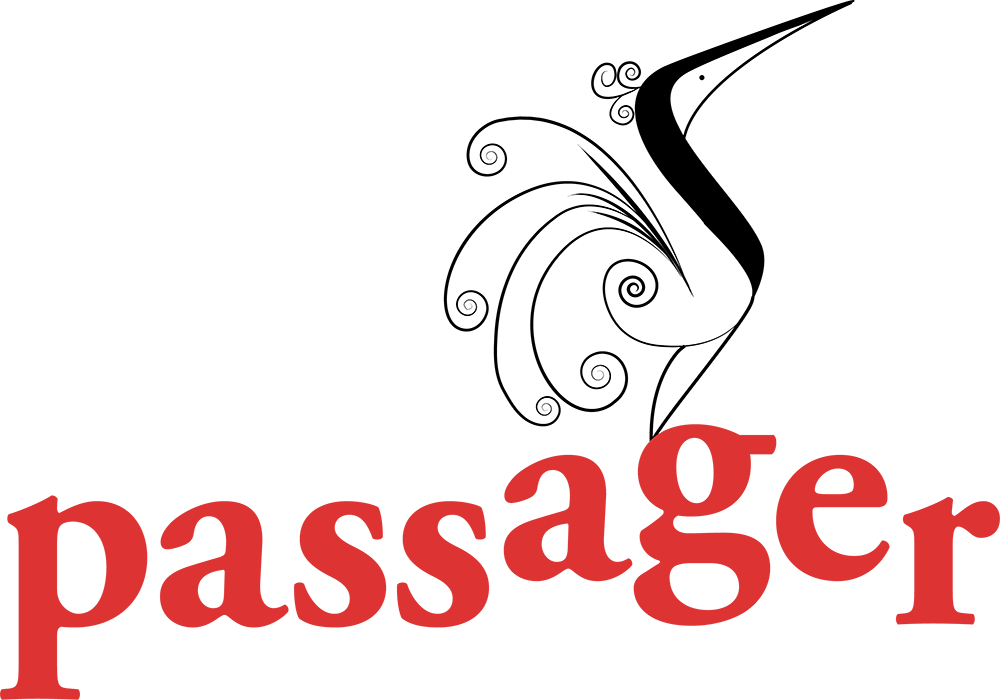The 17-Year Locusts



Ok, not locusts — cicadas! If you’re in much of the eastern part of the United States these days, you’ve probably had the mixed blessing of dodging them, stepping on them, listening to them, and sticking their shells to your nose or eyebrows. Poems by Sophia Rivkin, Mary Azrael and Barbara Crooker.
6 minutes
TRANSCRIPT
I know they’re not locusts; they’re cicadas. But you’ve gotta admit, the 17-year locusts sounds better. And if you’re in much of the eastern part of the United States these days, you’ve probably had the mixed blessing of dodging them, stepping on them, listening to them, and sticking their shells to your nose or eyebrows.
Sophia Rivkin wrote a poem that’s at least partly about cicadas. “Cicadas.”
Late hot August night and the fiddlers are back
shaking, scraping, scratching their old cigar box fiddles
rattling their one band rubberband
music, canned, filled with dried beans,
rusting rattled sound repeated like a mantra.
It’s Phillip Glass music
(you can’t stop listening)
drilled into your head, grinding down
a monotone into your bones, your veins,
these lovesick guys you love and hate
who park themselves, sing their hidden tricks
in piles of old tires, in puddles of black water,
in tree roots and sewer lids.
They sleep in rusted gutter pipes
then guttersnipe their plunked
hard rock metallic, screeched
lonely loveless plaint, complaint,
toneless one tone song.
I see their brothers at the flea market,
gray grizzled men, their trucks
parked in overgrown fields,
they lay out broken tools
on old blankets taken from the truck
where they sleep at night,
broken knives, boxes of rusted screws
and their old dogs sit beside them,
dogs with one blue eye, one brown eye,
dogs guarding boxes of nothing.
Where do they come from,
these collectors, custodians of debris,
seekers, they’ll sell you their rusted songs,
their wheels to nowhere,
repetition, their long life song,
love buried at the lost and found
and you love them
like cicadas, annoying,
irritating, touching, sharpening
(you can’t stop listening)
scraping their lives
against your own.
Cicadas. Sophia Rivkin. From Passager Issue 57.
Cicadas spend most of their lives underground. So do worms. Passager co-editor Mary Azrael said “worms” was one of her grandchildren’s first words although he called them “merms.” She said, “He was with me at our compost pit in the woods, and he picked them up so lovingly. He’s 25 now and works for the Pew Charitable Trust in their Ecology division.” Here’s Mary Azrael’s poem “Digging Earth Worms.”
When I lean on the spade and push down
through layers and layers of old black leaves
to bury our garbage in the compost pit —
carrot curls,
aromatic apple cores,
grounds of coffee, gritty damp dry —
the dark comes alive with earthworms who
pull tunnels of air through the choked underground
and eat what we don’t
and cast, producing dirt
that crumbles and smells sweet
as devils food cake.
When I see one or hold one,
pink-purple-brown, a hole at each end,
beautiful slip and shine, with no feet or face,
confirmed in its character by all it can’t do
(sing
jump
type
drive a car)
I’m grateful for the gift of its single-minded life
and glad I’m not a bird, compelled to eat it.
“Digging Earth Worms” by Passager co-editor Mary Azrael.
The last time these cicadas whooped it up like this was 17 years ago, back in 2004. That’s when Passager published Barbara Crooker’s poem “Line Dance.”
At my daughter’s wedding, we formed a chain to “New York, New York,” her friends
from college arm in arm with my ex-mother-in-law, who’s whooping it up — she loves
Frank Sinatra — and she’s holding hands with the bride, whose elbows hooked
into a bridesmaid’s — all four of them, in navy shantung, have their arms
around each other’s waists, like a chorus kick line (though somehow,
the groom’s sister is also holding a bottle of beer), my youngest daughter
at the end, her hair, a glory of red ringlets — you’d never know she was in a coma
six months before, had to learn to walk and talk again — her arm is around the bride’s
half-sister, who’s giggling in embarrassment. And she’s connected to my best friend
from junior high in a black sheath, as she holds onto the khaki sports coat of my writing
friend’s husband, the dentist, while his wife, in lilac, wraps her arm around one of my
neighbors, who’s linked to a friend from college in white silk slacks, and there, at
the end, is my ex-husband, the one who didn’t want to be married any more, holding
his soon-to-be-estranged second wife, the one he left us for, at arm’s length.
What a crazy dance, this life of ours; who could predict its twists and turnings?
“Start spreading the news,” everyone I’ve ever loved is here today, even the dead,
raising a glass and dancing, circling around the bride in her frothy gown, bubbles
rising in a fluted glass, spilling out, running over.
Barbara Crooker’s poem “Line Dance” from Passager’s 2004 Poetry Contest issue.
To subscribe to or learn more about Passager and its commitment to writers over 50, go to passagerbooks.com. You can download Burning Bright from Spotify, Apple and Google Podcasts, and various other podcast apps.
We’ll be back in 17 years. Or next week, whichever comes first.
Due to the constraints of online publishing, poems may not appear in their original formatting.



